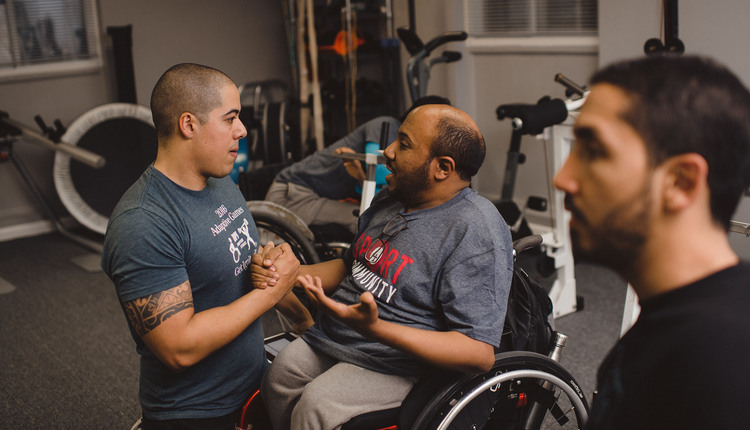
When I first considered a career in fitness, I knew right off the bat that I wanted to start my own business. I come from a line of entrepreneurs, so you could say it was in the cards.
Spend some time and energy evaluating whether you want to take the entrepreneurial direction or pursue opportunities as an independent trainer where you work for another gym or facility, particularly if you’re just getting into the industry. The following is a brief list of considerations.
Independent trainer
- This may be an excellent opportunity to gain experience. Be sure that you work with a facility that fits your personality and ideally is vested in your career development.
- Consider if you are ok with the possibility of splitting your time and services at multiple facilities. For many fitness professionals, one facility may not be able to offer what you need to be financially secure. This can often lead to trainer burnout and also doesn't consider additional time commuting from gym-to-gym for which you aren’t compensated.
- Be sure you understand the difference and the implications of being a contract employee (1099) or an employee (W9). Work with a good accountant who can help you determine the pros/cons in your specific situation.
- Depending on the parameters of your job description, working for someone else does take some of the pressure off – for example, if you work for a big gym that has a recognized brand, markets and provides you materials, etc. you can focus on turning gym-goers into clients.
Fitness entrepreneur
- When you become a fitness entrepreneur, you need to take a close look at your long-term vision. Do you want to stay a one-person operation? Realize that you'll need to be able to balance running the business as well as train clients. If you have a vision of growing, consider that at some point, you may need to pull back from training in order to focus your energy on growing your team and building your business.
- Realize that when you own a business, you are a business owner first, fitness professional second. In order to get clients in the door, you need to understand marketing, confidently sell, and understand the "bones" of business particularly when it comes to financials. You'll also need to develop your management skills if you decide to have a team.
- Consider your aversion to risk. If you need stability and consistency and are afraid to take risks, being a fitness entrepreneur may not be your best route. If you are game for challenge and adversity, go for it!
Ultimately, you have full control over your path to success. Whether independent trainer or fitness entrepreneur, neither path is right or wrong. It is important, however, that you continue to evaluate how you can best succeed and reach your goals.


















